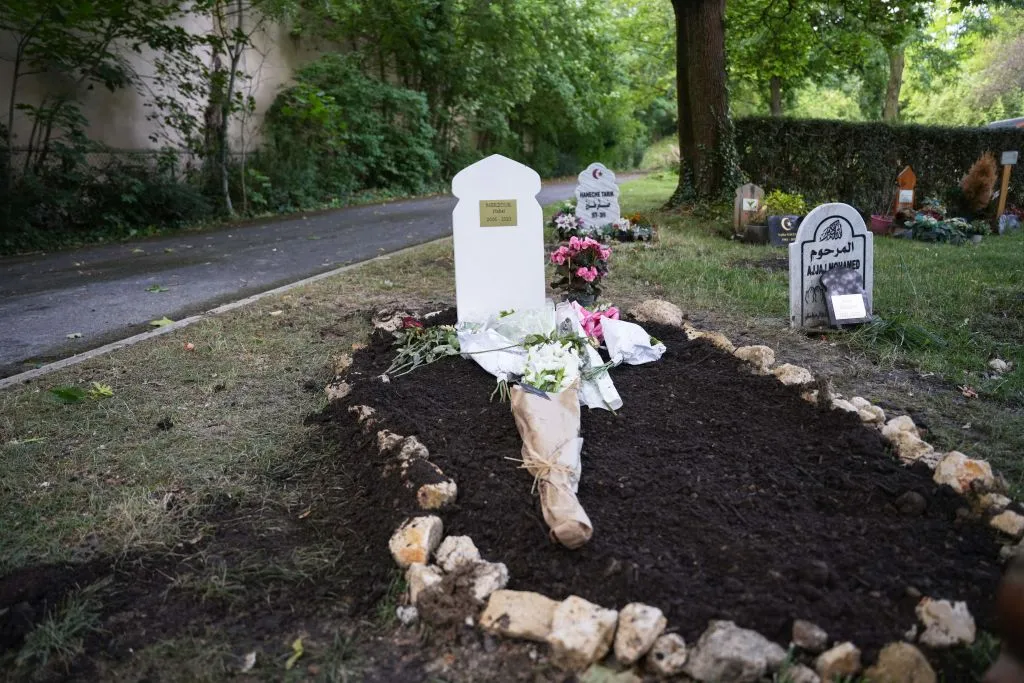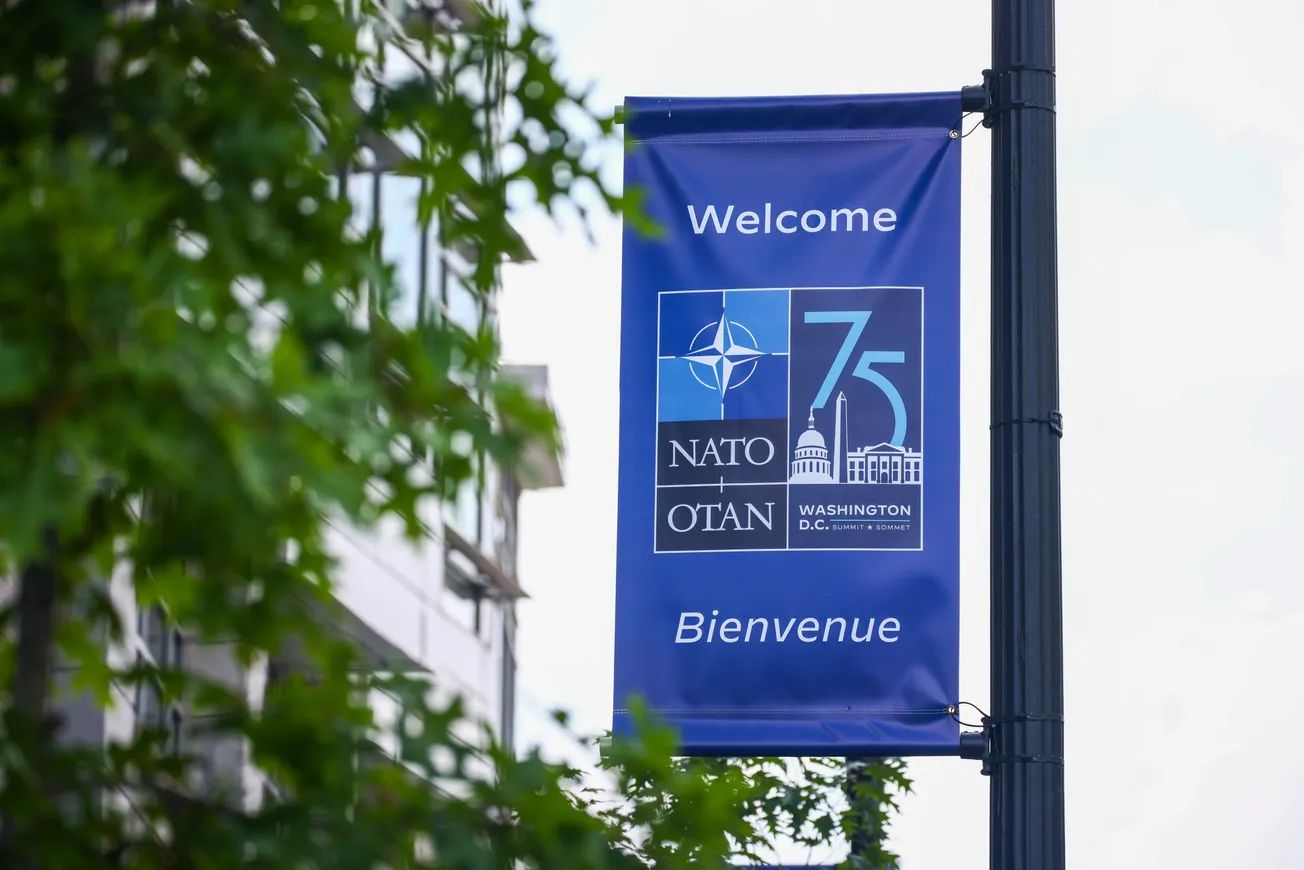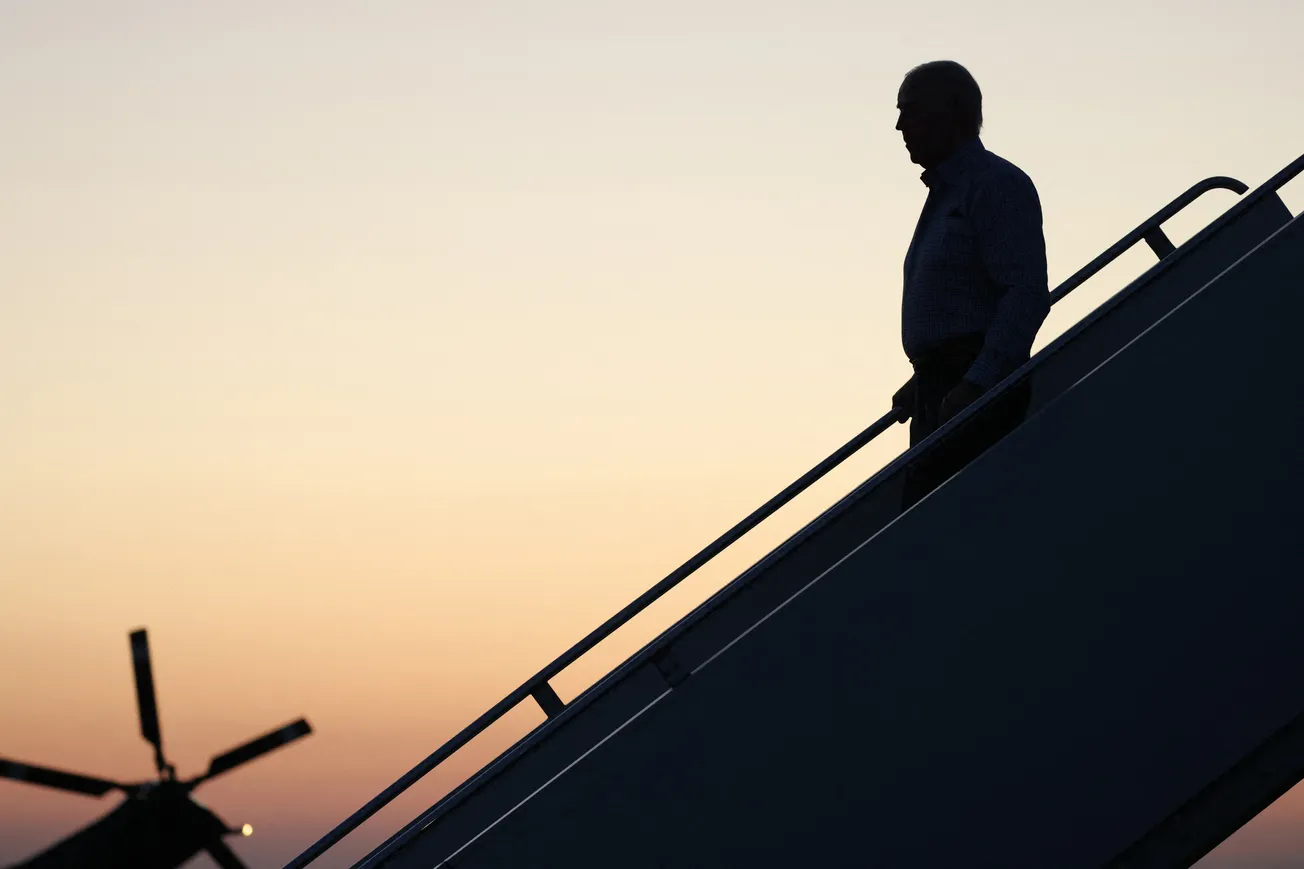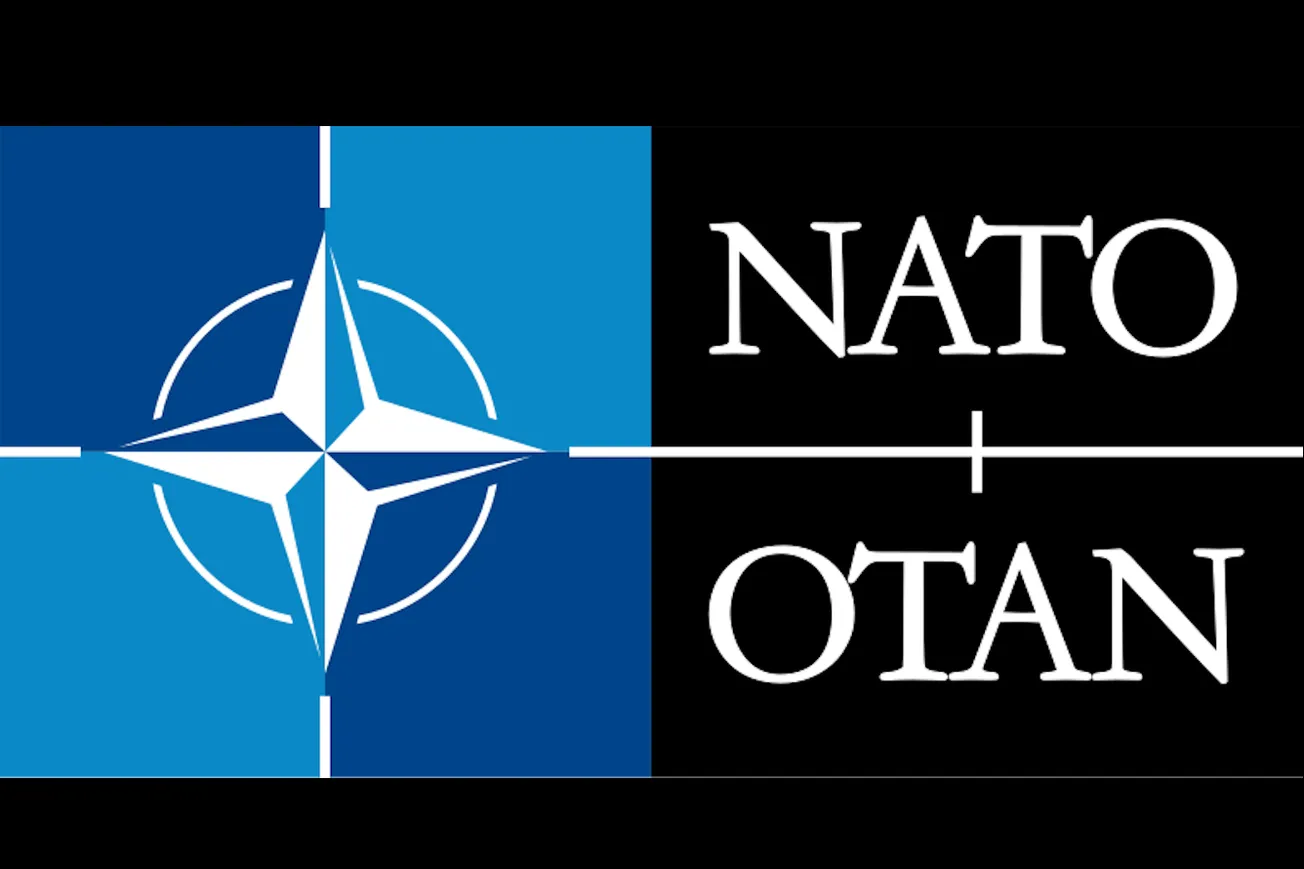The suburbs of Paris erupted in violence after a police officer shot dead Nahel Marzouk, a 17-year-old French citizen of Algerian origin, on June 27. French cities and towns famous for museums and wines witnessed distressing scenes of torched vehicles, extensive arson attacks, and looting.
Around 200 shops were looted, and 300 bank branches were vandalized. Protestors clashed with the police, even as the President appealed for calm and thousands of arrests were made to restore order. Estimates suggest that the cost of repairs would exceed 1 billion euros.
The French are not new to protests and strikes. Street protests and work stoppages effectively demonstrate public ire and discord against government actions and reforms.
Earlier in the year, millions took to the streets to protest against President Macron's decision to raise the pension age to 64 from 62. The changes were deemed essential for France's financial health. Late last year, energy workers secured higher pay after stopping work.
But the nature of protests seems to have changed. The "very high level of violence" is raising concerns across Europe. The EU Commissioner for Justice Didier Reynders called for "a rethink" on the country's law enforcement.
"In France, what has been very striking over the years, with the Yellow Vests movement, pension reform, and now these riots – every time there is a very high level of violence," he said. "We really need to examine it, because it's problematic; sometimes it's the behavior of a certain number of police officers. We can see it in the tragic events that have occurred, and also in the behavior of people who have the right to demonstrate freely – it's a fundamental right – but not to loot stores, destroy businesses or destroy public property."
The latest riots have exposed the often-overlooked reality of French society. Lofty ideals of "Liberty, Equality, and Fraternity" are written into the country's constitution. Yet, the recent riots have shed light on deep-seated racism and Islamophobia. Many point to the lack of integration among even second-generation immigrants.
The far right is choosing to portray the wave of violence as a consequence of France's liberal immigration policy, while others point to the discrimination faced by minorities. For instance, most victims of traffic stop shootings since 2017 have been of either black or Arab origin.
The division in French society is glaringly apparent. Even as President Macron condemned the shooting as "inexplicable and inexcusable," a fundraiser set up for the policeman who shot Nahel Marzouk crossed 1.47 million euros ($1.6 million), much more than was raised for the victim. Meanwhile, donations to the fundraiser for Nahel's family raised just 215,000 euros ($234,079.10).
Other issues are contributing to the crisis. The glaring wealth gap in the country and the rising cost of living, made worse by the Ukraine war, have not helped matters. The Covid pandemic has also contributed to worsening the situation. According to the government's statistics, the virus impact and fatalities among Blacks and other minority communities were much more severe than in others.
There is even concern that the popularity of social media may have played a role in youngsters enthusiastically taking part in the rioting and looting. Reels and short videos of looting and arson were "celebrated" on social networks.
Massive police deployments have been made across the country to restore calm. A call to end the violence by Nahel Marzouk's family has helped soothe the crisis. But the nearly week-long violence is seen as a wakeup call to the French establishment that many say has followed a failed "official policy of color blindness."
Like our insights? Show your support by becoming a paid subscriber!









